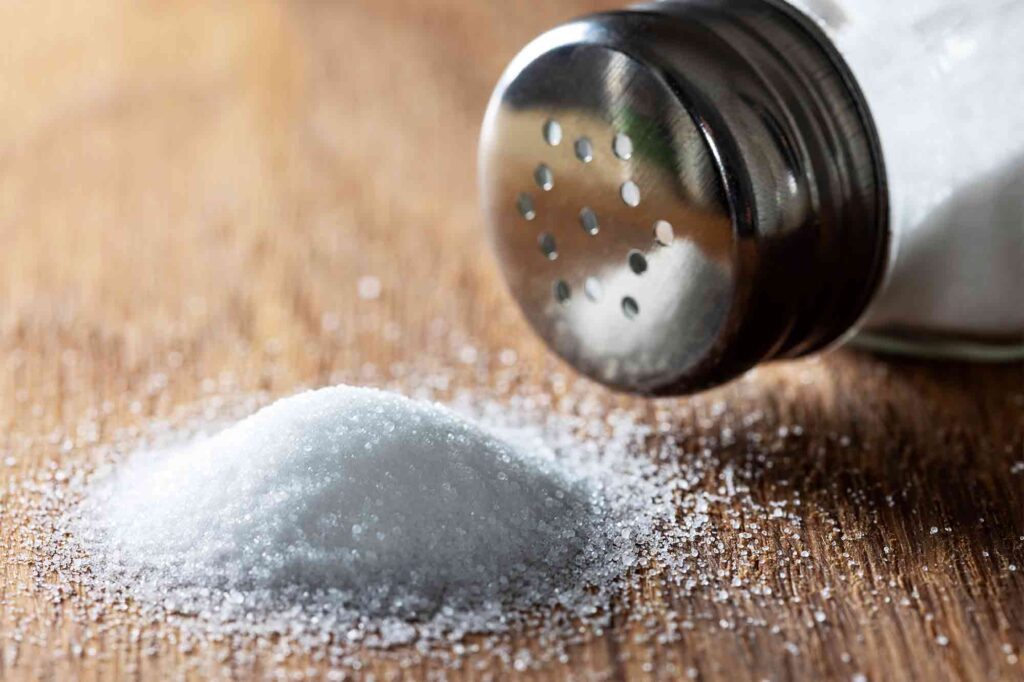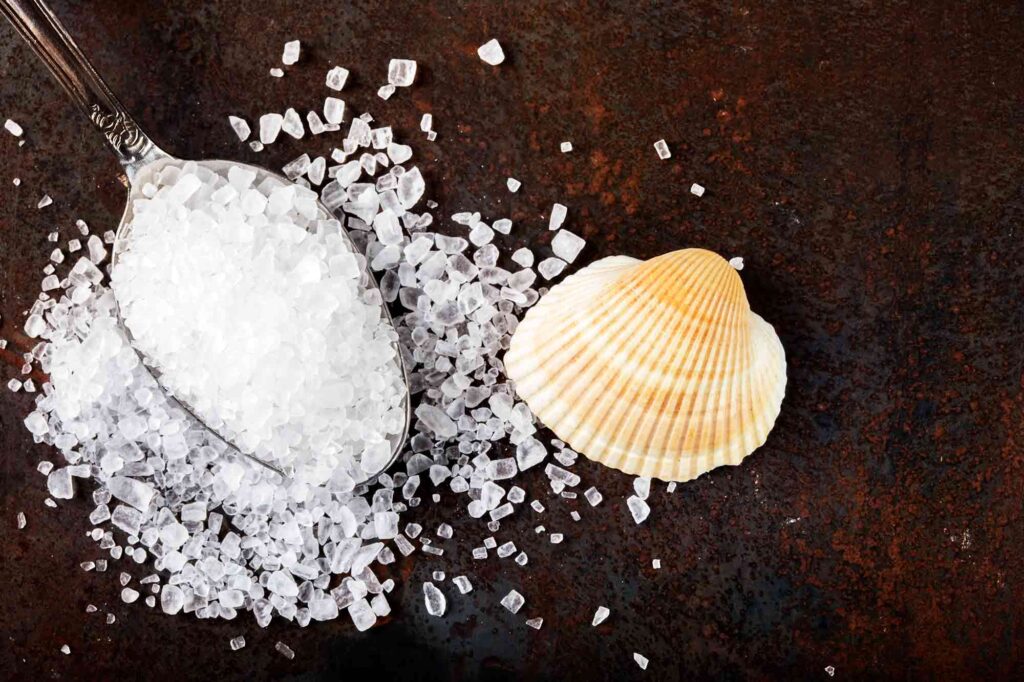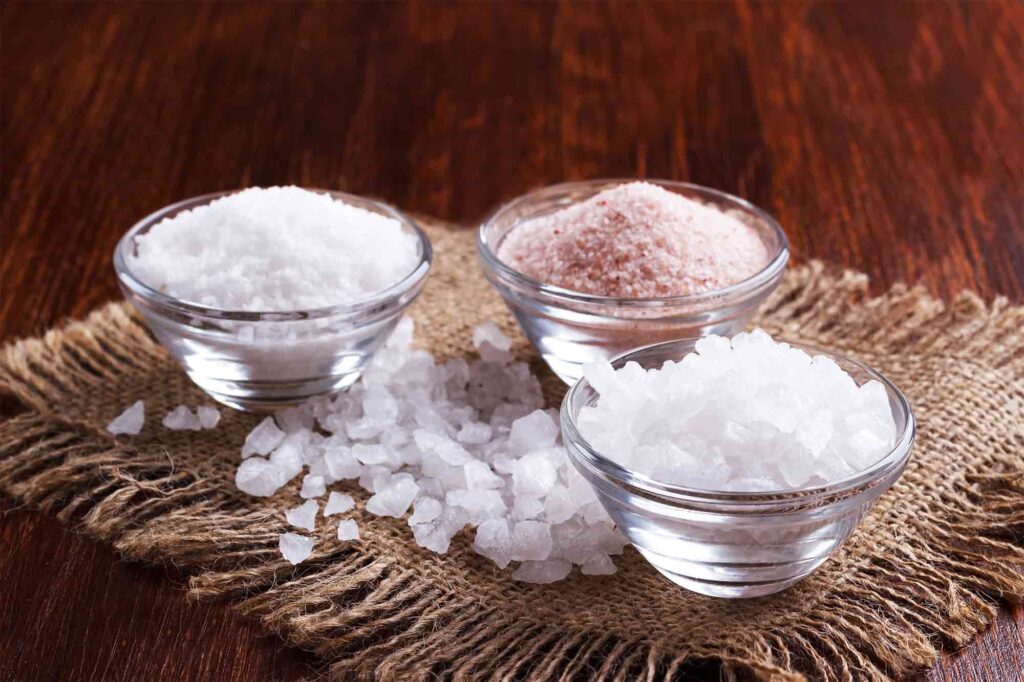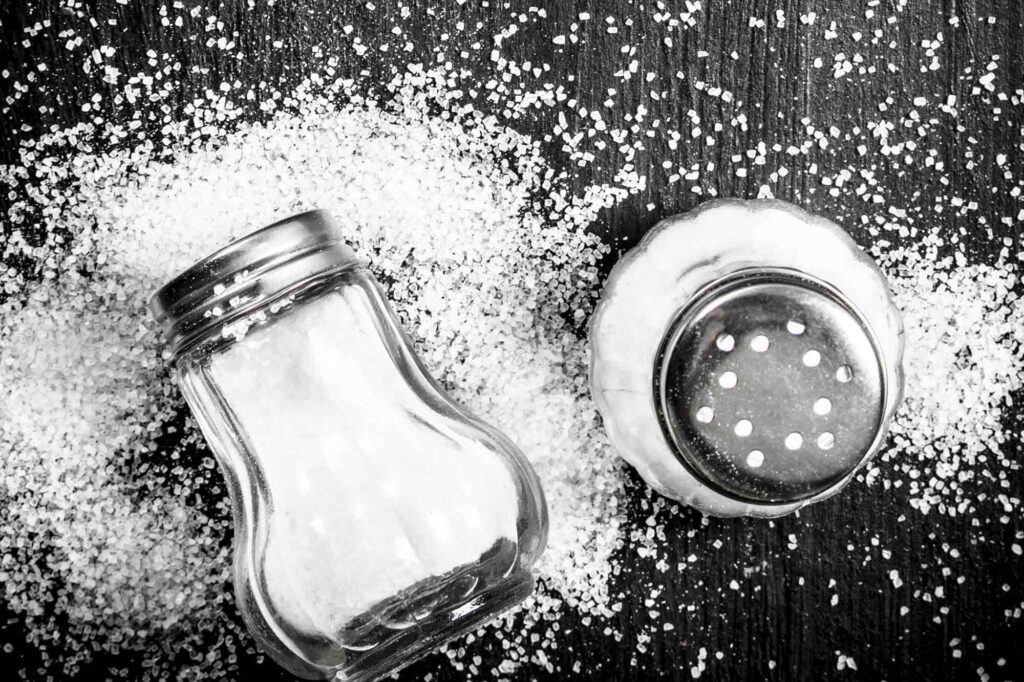Table Salt vs. Sea Salt: Which is Healthier? Which should we use?
Salt is an essential ingredient in our diets, adding flavor and enhancing the taste of our favorite dishes. However, when it comes to choosing the right type of salt, the debate between table salt and sea salt often arises. Both have their unique characteristics, flavors, and potential health benefits, but which is healthier?
Let's dive into this age-old culinary showdown.
Table Salt

Table salt is the most common form of salt found in households worldwide. It is mined from underground salt deposits and then heavily processed to remove impurities.
The refining process often includes bleaching and additives to prevent clumping, such as anti-caking agents like sodium aluminosilicate.
One of the primary health concerns associated with table salt is its high sodium content. Excessive sodium intake can lead to high blood pressure and increase the risk of heart disease, stroke.
Table salt also lacks the minerals present in sea salt because of its extensive processing.
On the upside, table salt is usually iodized, meaning it contains iodine, an essential nutrient for thyroid function. Iodine deficiency can lead to thyroid disorders, so this fortification is a significant benefit.
Sea Salt

Sea salt, as the name suggests, is obtained from evaporated seawater. It is minimally processed, with little to no additives, and retains more natural minerals than table salt.
These minerals can include magnesium, calcium, and potassium, which may offer some health advantages.
While sea salt contains these beneficial minerals, it also has a slightly different taste profile due to its mineral content. Some people prefer the subtle briny flavor it imparts to dishes.
The Healthier Choice

The choice between table salt and sea salt depends on individual dietary needs and preferences. If you are concerned about sodium intake and want to limit your sodium consumption, it's crucial to be mindful of the amount of salt you use, regardless of the type.
For those seeking a broader mineral profile in their diet, sea salt may be a better option due to its natural mineral content.
However, the mineral contribution from sea salt is minimal compared to what you get from a balanced diet rich in fruits, vegetables, and other whole foods.
In conclusion, the question of whether table salt or sea salt is healthier ultimately boils down to personal choices and dietary requirements. If you need to monitor your sodium intake closely, opt for table salt in moderation.
If you appreciate the subtle flavors and trace minerals found in sea salt and are not overly concerned about sodium, it can be a flavorful addition to your culinary repertoire.
In any case, remember that moderation is key, and a well-balanced diet remains the cornerstone of good health.




